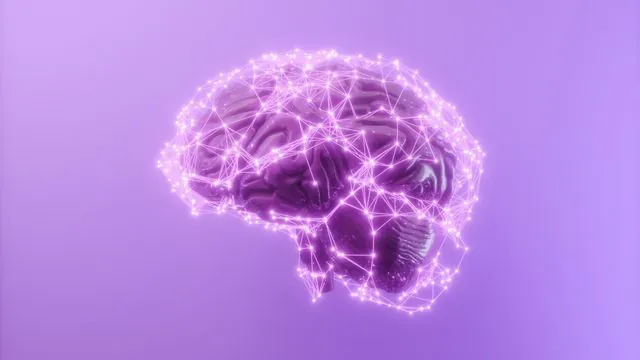
Breakthrough Cannabinoid Drug Offers Hope for Memory Restoration in Early Neurodegenerative Disease Stages
2025-01-15
Author: Wei Ling
Understanding Cannabinoid Receptors
Cannabinoid receptors are proteins found on the surface of cells that interact with cannabinoids—molecules that can come from both internal (natural) and external sources. These receptors play a crucial role in regulating various physiological processes, such as pain sensation, mood, appetite, and memory functions.
The Cholinergic-Cannabinoid Connection
The research team delved into the interaction between the cholinergic system, which is essential for learning and memory, and the cannabinoid system within the brain. As neurodegenerative diseases progress, the cholinergic system suffers early degeneration, impairing memory. Interestingly, the cannabinoid system initially exhibits a protective response, but as the diseases advance, it too begins to decline. This sequence of events presents a unique window for therapeutic intervention.
Dr. Rodríguez-Puertas notes, 'Our extensive analysis of brain tissue from patients at various stages of neurodegenerative diseases revealed that the cholinergic system, responsible for memory, shows early deterioration, while the cannabinoid system initially compensates and even increases. However, it eventually succumbs to the disease's progression.'
Dramatic Results from Preclinical Testing
The focus of the study was on a synthetic cannabinoid, WIN55.212-2, tested on rodent models simulating the early stages of neurodegeneration. Remarkably, the treated rodents demonstrated spatial learning and memory capabilities on par with healthy subjects. 'Their behavior mirrored that of healthy animals—they retained knowledge of spatial orientation just as well. In essence, you could say that this drug either reversed the damage or provided significant protection to the brain,' explained Dr. Marta Moreno.
The Role of Lipids in Cognitive Recovery
In a novel approach, researchers utilized cutting-edge lipidomic techniques to examine biochemical modifications within the brain. This analysis revealed that activating cannabinoid receptors significantly boosted the production of choline-containing lipids, which are precursors to acetylcholine—a key neurotransmitter vital for memory retention. Additionally, the restoration of activity in the damaged cholinergic receptors further contributed to cognitive recovery.
Challenges Ahead in Drug Development
Despite the promising nature of these preclinical findings, the road to bringing WIN55.212-2 into clinical use is fraught with challenges. The compound's lack of commercial exclusivity and widespread utilization in research create hurdles for pharmaceutical investment in toxicology studies or subsequent clinical trials. To overcome these barriers, the research team is collaborating with industry partners to create structurally similar molecules with greater commercial viability.
The Urgent Need for Effective Treatments
As the prevalence of neurodegenerative diseases continues to rise globally, the urgency for effective therapeutic solutions has never been greater. This research not only unveils a promising pathway for memory restoration but also highlights the importance of cannabinoid systems in brain health. The continued exploration of these mechanisms may lead to groundbreaking treatments that could change the lives of millions suffering from debilitating cognitive decline.
Stay tuned for further updates as this research progresses, potentially ushering in a new era of hope for individuals battling neurodegenerative conditions.



 Brasil (PT)
Brasil (PT)
 Canada (EN)
Canada (EN)
 Chile (ES)
Chile (ES)
 Česko (CS)
Česko (CS)
 대한민국 (KO)
대한민국 (KO)
 España (ES)
España (ES)
 France (FR)
France (FR)
 Hong Kong (EN)
Hong Kong (EN)
 Italia (IT)
Italia (IT)
 日本 (JA)
日本 (JA)
 Magyarország (HU)
Magyarország (HU)
 Norge (NO)
Norge (NO)
 Polska (PL)
Polska (PL)
 Schweiz (DE)
Schweiz (DE)
 Singapore (EN)
Singapore (EN)
 Sverige (SV)
Sverige (SV)
 Suomi (FI)
Suomi (FI)
 Türkiye (TR)
Türkiye (TR)
 الإمارات العربية المتحدة (AR)
الإمارات العربية المتحدة (AR)